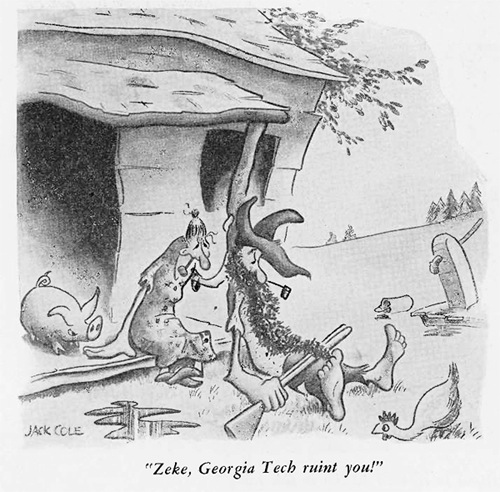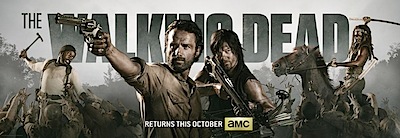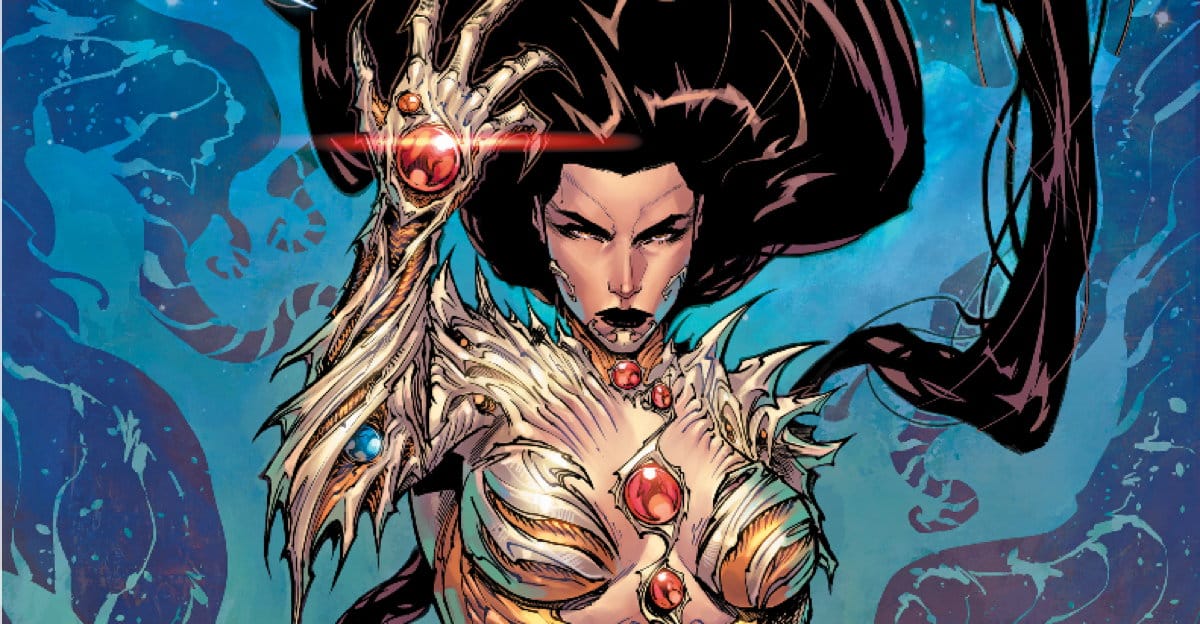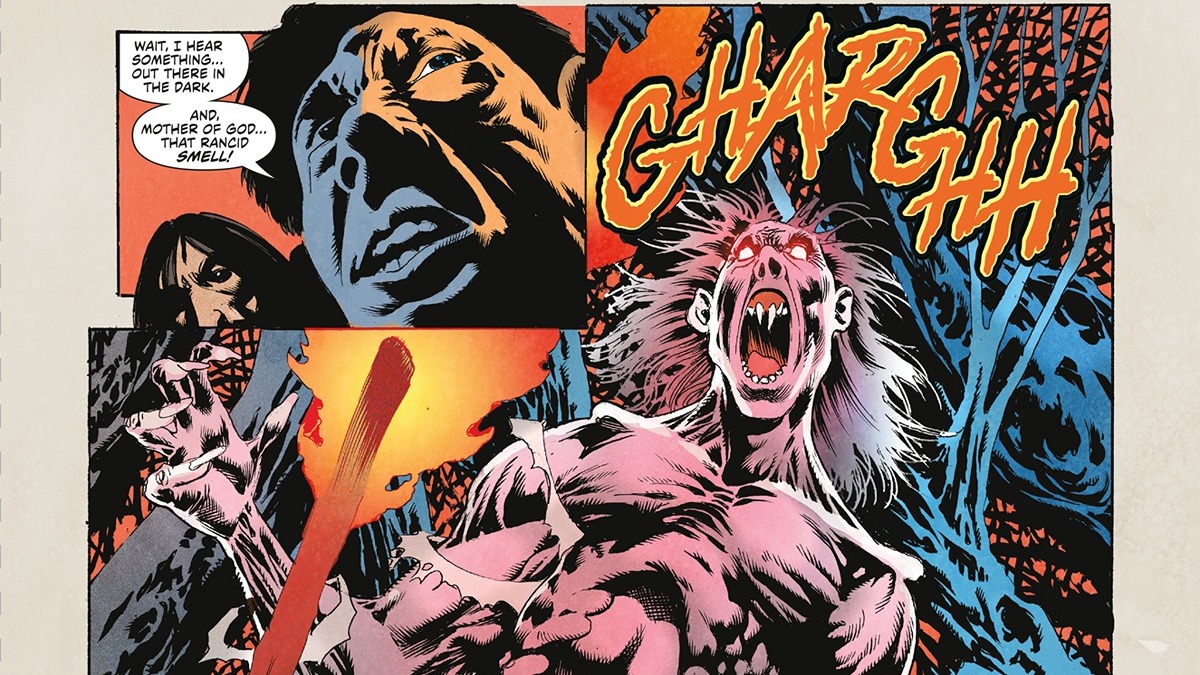§ By now you must have seen Tom Spurgeon’s incredible obituary for Kim Thompson. It’s history not only of a man but a company, a legacy, and much more. As has been noted, most of Fantagraphics’ European comics are on hold because of Thompson’s passing. So few people are irreplaceable, but Kim was.
§ Spurgeon also just ran an interview with political cartoonist Matt Bors. If there is ever a tourney to see who loves Matt Bors the most, I’d jump right in the arena:
BORS: The market has been terrible, especially since the crash in ’08 when altweeklies started dumping comics. A number of websites have now incorporated political cartoons into the mix. Things seem on the rise a bit. I’m also branching out, doing some comics journalism here and there, and have a longer column-like comics coming out soon on CNN.com. Part of the reason I’m doing alright, I think, is that at this point I’m one of the only younger people doing this. I survived an attrition that was pretty thorough. A lot of people who became my friends were doing this in the mid-2000s and they slowly dropped off because they got discouraged or got a good job offer or had a kid. I really miss their work and think things would have been different if the economy was hadn’t tanked. Cartooning is brutal. If people tap out I don’t blame them.
§ In other comics site news, Comics Alliance has a swanky new design and has settled into its new digs. It’s so great to have the CA team still with us, and it’s one of the few times in the internet scrum that everything worked out okay.
§ And as long as we’re talking comics media…if you have ANY interest in comics as a historical medium you already read The Comics Journal every morning, right? How could you miss things like Paul Tumey’s The Lost Comics of Jack Cole 1931-38:
Jack Cole kept secrets. When he was in high school, Cole would quietly sneak into his family’s kitchen in the middle of the night where he would assemble and wrap a sandwich for his school lunch the next day. Back in his room, he would hide the sandwich inside a hollowed out book.
§ Peter Bagge continues to get his retrospective as One Of The Great Cartoonists Of The ’90s as noted by writer Ryan C.:
Paging through back issues of Hate now, I’m struck by the idea that this may just be the only surviving cultural remnant of what the “slacker” or “grunge” years were really like — forget the ’90s nostalgia being peddled on MTV/VH1/insert name of other cable network of your choice here — it wasn’t all un-tucked flannel shirts, manic-depressive girlfriends or boyfriends, “quickie” sexual relations with their inevitable resultant STDs , coffee, Nirvana, and Pearl Jam.
§ Tim O’Shea chats with Jeffrey Brown and the subject of his tell-all cartooning comes up, and how his wife deals with it:
Jeffrey Brown: I think she’s learned to trust my judgement, for the most part. When we first started dating she told me it was on the condition that I didn’t write anything about us. Then she said I could write about us as long as it wasn’t anything personal or about her relationship. Eventually she said I could go ahead and write whatever. With our son she talked to me about being more careful, and I have been, but I think in general I’ve become much more careful about what I’m writing in my autobiographical comics anyway.
§ Jim McLaughlin on the difference between the DC and Marvel movie universes:
“Man of Steel” gives us a world in which a father is willing to commit tornado-aided suicide because he fears the worst in humanity. It presents to us a world in which Superman sinks into a sea of skulls. It shows us that, driven by fear, the very essence and personification of bucolic innocence, Smallville, Kansas, can be blasted to holy hell by the U.S. Air Force.
Conversely, over on the Marvel side of the street, even in a movie that took place in the midst of the horrors of World War II — “Captain America: The First Avenger” — Steve Rogers can emerge into a shining and sparkling Times Square. The good guys in “The Avengers” go out for shawarma after saving the world. At the end of “Man of Steel,” even after proving his mettle and making indescribable sacrifices, Superman remains an outcast, mistrusted by humanity.
§ Anthony Tollin passed along the news that pulp art directing legend Leonard P. Leone Sr has passed away at age 92. He was the originator of the look of Doc Savage among other accomplishments;
Len was the Art Director at Bantam Books for 30 years from 1955 to 1984. His innovations and the use of top illustrators helped to propel Bantam to become a giant in the paperback book world. Len’s use of a Who’s Who list of artists included James Bama, Bob Larkin, Fred Pfeiffer, Boris Vallejo, Lou Feck, Tom Lovell, Robert Maguire, Bob Peak, Barye Phillips, Robert Abbett, Dean Cornwall, Sandy Kossin, John Berkely, Vincent DiFate, Roger Kastel, James Avati, Ron Lesser, Bernie Fuchs, Mitchell Hooks, and many, many more.
A new making of video for The Hobbit: The Desolation of Smaug has been released. My favorite part was the kitchen stacked high with corpses.
§ And the first poster for The Walking Dead Season 4 was just released, and it appears people will be killing zombies with guns, swords, crossbows, and a hammer.











“…I’m struck by the idea that this may just be the only surviving cultural remnant of what the “slacker” or “grunge” years were really like…”
It’s almost like he read the promotional blurb on the back of “Buddy Does Seattle”!
Hey Heidi. Thank you for mentioning my article in the Comics Journal on Jack Cole. I’m inaugurating a new column there called Framed! that will offer lots of obsessively researched and pondered comics history. Keep up the great work on Comics Beat — I appreciate it!
“Tom Spurgeon’s incredible obituary for Kim Thompson”:
I still miss Amazing Heroes, which remains my favorite comics-related magazine. It was what Wizard should have been: a SMART magazine about mainstream comic books.
“The difference between DC and Marvel movie universes”:
Interesting that in the Silver Age, DC had the sunny, upbeat, optimistic universe, where all problems could be solved by the end of an 8-page story. Marvel had the stories with angst and edge. Looks like the companies have switched positions, as far as their movies go.
Comments are closed.